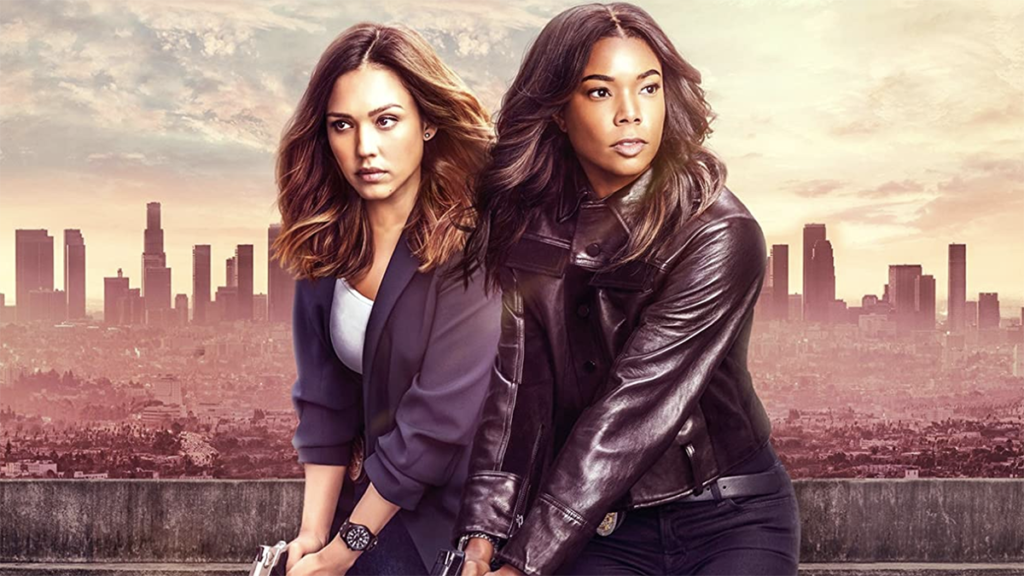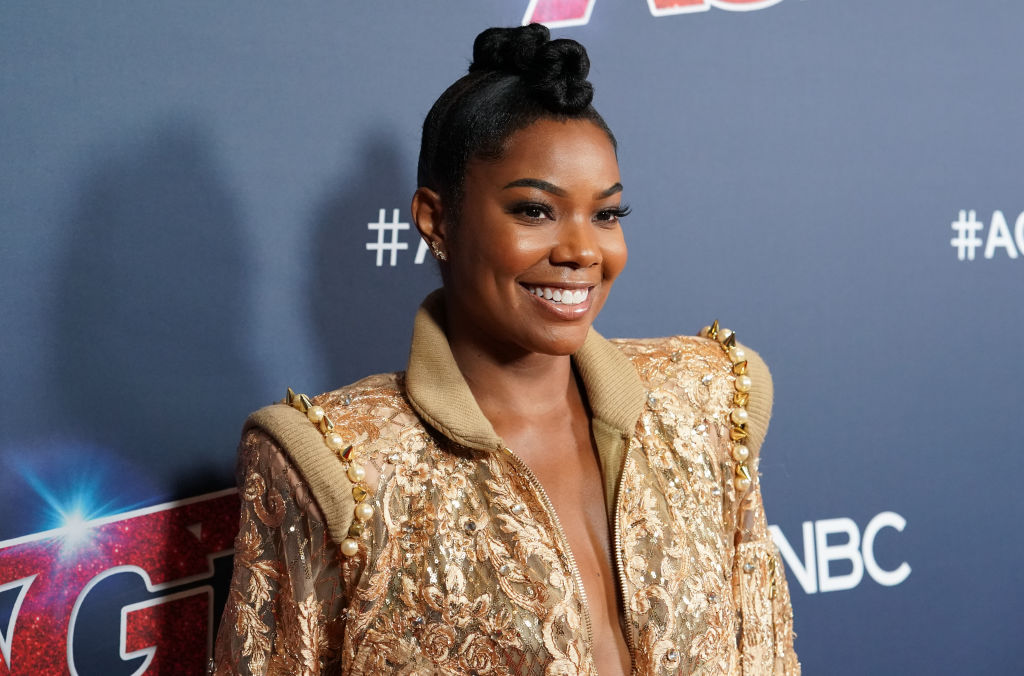‘L.A.’s Finest’ stars Gabrielle Union, Jessica Alba on rooting out racism in Hollywood
EXCLUSIVE: The ladies got real about racism during a roundtable discussion with theGrio and Color of Change VP, Arisha Hatch
When Gabrielle Union and Jessica Alba decided to star in and executive produce L.A.’s Finest, it was a big moment for representation in Hollywood.
The mere fact that two women of color are helming a show that puts them in the leading roles, playing characters who are empowered and confident and as badass in a way usually reserved for men is pretty groundbreaking.
Read More: Gabrielle Union and Jessica Alba on bossing up with season 2 of ‘LA’s Finest’

What’s even more impressive is the diverse team they have working on every aspect of the series, ranging from the cast and crew to the writers and executive producers.
Their ability to pull off a crime drama that infuses comedy and action without playing into the stereotypical tropes we usually see imposed on women and people of color in such formats proves they can teach a newly “woke” Hollywood a thing or two about walking the walk when it comes to inclusion.
Acknowledging the challenges people of color face in combatting racism, theGrio sat down with Gabrielle Union and Jessica Alba for a virtual roundtable discussion with the series’ executive producers Brandon Sonnier, Brandon Margolis, Anton Cropper and Pam Veasey as well as Arisha Hatch, vice president of Color of Change, to reflect on the racism they have faced throughout their prominent careers in Hollywood.
During the candid discussion, they addressed how they seized the moment to create L.A.’s Finest and are disrupting the Hollywood status quo — one hire, one script, one scene at a time.
The group held nothing back as they recounted the numerous microaggressions they have consistently contended with throughout their long careers.
“There’s so many. I could not possibly just name one. It was part of the journey and you had to fight it,” says Pam Veasey.
Gabrielle Union recalled one colleague’s attempt at a compliment in which he referred to her as being “like pork … the other white meat,” or told her she doesn’t “sound” Black. “I can’t even call them microaggressions because they feel like Mack trucks,” she admits.

They also weighed in on the myth that there just aren’t enough qualified people of color to create a more diverse industry.
“The whole idea that there’s not enough diversity or people to even include is just bullshit,” says Union.
Read More: WATCH: Gabrielle Union and Jessica Alba on why ‘LA’s Finest’ is their dream show
“It’s more than just bullshit to say that women or Black people or other people of color aren’t qualified. It’s actually like deeply racist and sexist. We need to be more than just like the sassy Black friend, but we can see how media plays a role in sort of enabling a culture that allows us to be noncomplex or not smart enough or only an expert in one thing when other people are allowed to be experts in everything,” adds Arisha Hatch.
Aside from sharing their experiences, the group also shared tangible ways that Hollywood could implement lasting change.
“It’s about mentorship. It’s about blind submissions of scripts. It’s about not always hiring people that you’re comfortable with. It’s giving people a shot,” says Alba. “And yes, maybe it takes a little bit more time for someone who’s a little bit more green to warm up. And maybe that costs five more cents or five more minutes, but it’s worth it.”

“For so long, diverse voices have been denied entry,” adds co-showrunner, Brandon Sonnier. “It becomes incumbent upon us to look for that talent, to look for the diverse voices and help them gain that experience to put them in a room and put them on set and give new voices the experience that is really required to then move on, to do other shows to move out into the world and and spread that diverse voice.
“And then you need to shut up and listen. You actually have to listen to those voices. You can invite them into the room all you want. But if you don’t listen to them, it don’t count.”
Check out the full conversation, entitled Representation Matters: Building Space for People of Color to Thrive, above.
Have you subscribed to theGrio’s podcast “Dear Culture”? Download our newest episodes now!
